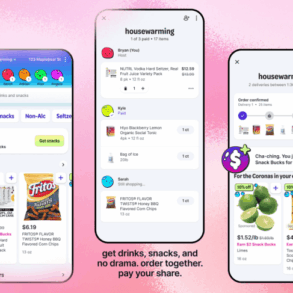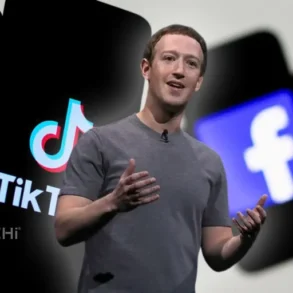Days after it passed the Florida House, Gov. Ron DeSantis Friday said he has legal concerns with a bill banning social media for minors younger than 16.
“To say that someone that is 15 just cannot have it no matter what, even if the parent consents, that may create some legal issues,” DeSantis said in response to a question at a news conference in Kissimmee on semiconductor manufacturing.
“I am concerned about the breadth of it, and I want to empower parents, I want to give parents tools to be able to do this, so I just think you have to be smart with how you do it,” he added.
The legislation (HB 1) is a priority of House Speaker Paul Renner, a Republican, and it passed the House with bipartisan approval on Wednesday. It got only 13 votes in opposition, all from Democrats who had similar concerns about it not allowing for a parental rights exception and that it ran afoul of First Amendment protections.
DeSantis said he told Renner he’d work with him on the bill, and he predicted it’s “going to evolve.” The bill still must be passed by the Senate before it can go to the governor’s desk.
“When it comes to protecting children and defending childhood, Gov. DeSantis and I have been in lockstep,” Renner said in a statement sent to the USA TODAY Network – Florida. “There’s universal agreement – except for the objections from profit-seeking social media companies – that the addictive and deceptive features used by some platforms are harmful to children and their development.
“Social media companies won’t change and Congress won’t act,” he added. “As such, we have a compelling state interest to protect our children. We are confident that by the time the bill makes it to the governor’s desk, it will be narrowly crafted to provide social media companies the flexibility to do what is in the best interest of Florida’s children.”
DeSantis agrees social media has been ‘net negative’ for youth
“I think social media has been a net negative for our youth, without question,” said DeSantis, a parent of three. “Now, having said that, there have been other states that have tried to do similar things that have met resistance in the courts. … Anything I do, I want a pathway for this to actually stick.”
Multiple other states have in fact passed similar laws to the one the House just approved – but they’ve had parental rights exceptions. And that hasn’t been enough to protect them against legal challenges.

A 2023 law in Arkansas, for example, has been temporarily blocked by a federal judge amid First Amendment concerns. The same happened earlier this month for a new Ohio law.
Under the current version of the bill, ban-affected social media platforms would be those with “addictive, harmful, or deceptive design features, or any other feature that is designed to cause an account holder to have an excessive or compulsive need to use or engage with the social media platform.”
The measure would require those making new accounts to prove they’re old enough through a third-party age verification process. Existing accounts will be deleted if they’re “reasonably known” to be held by someone younger than 16 years old, and allows those account holders or their parents to request deletion.
This reporting content is supported by a partnership with Freedom Forum and Journalism Funding Partners. USA Today Network-Florida First Amendment reporter Douglas Soule is based in Tallahassee, Fla. He can be reached at DSoule@gannett.com. On X: @DouglasSoule.
This post was originally published on this site be sure to check out more of their content



